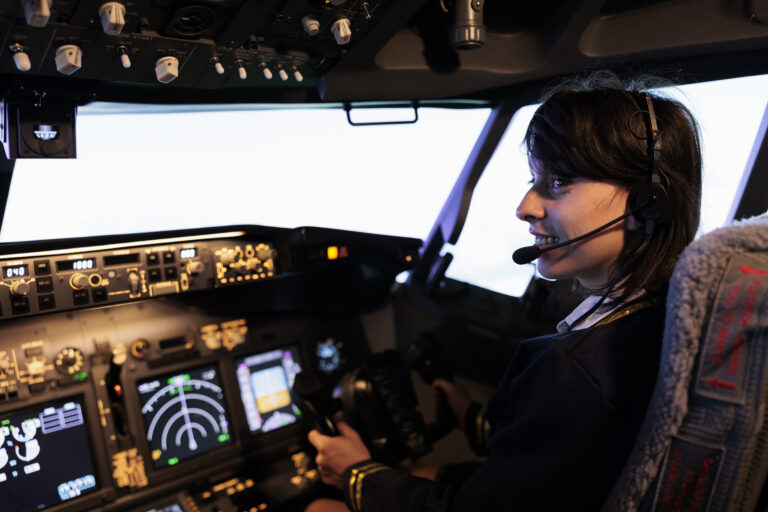When embarking on a journey to become a private pilot, one may encounter the terms Private Pilot License (PPL) and Private Pilot Certificate (FAA). While they may sound similar, there are important distinctions between the two. In this article, we will delve into the nuances of PPL and Private Pilot Certificate, exploring their differences, requirements, and privileges.
Private Pilot License (PPL)
A Private Pilot License, often referred to as a PPL, is a certification granted by aviation authorities outside of the United States. It allows individuals to fly aircraft for non-commercial purposes. Obtaining a PPL involves rigorous training and evaluation, typically covering theoretical knowledge, flight hours, and practical examinations. The specific requirements for a PPL may vary depending on the country’s aviation regulations.
Private Pilot Certificate (FAA)
On the other hand, a Private Pilot Certificate issued by the Federal Aviation Administration (FAA) is the equivalent qualification within the United States. The FAA governs and regulates aviation activities in the United States, ensuring safety and standardization. The Private Pilot Certificate serves as evidence of the pilot’s qualifications to fly non-commercially within the country’s airspace.
Key Differences
- Regulatory Authority: The most significant difference lies in the regulatory authority issuing the certification. PPLs are granted by aviation authorities of different countries, whereas the FAA issues Private Pilot Certificates within the United States.
- Geographical Validity: While a PPL allows individuals to fly in the country where it was issued, it may not be valid in other nations without further evaluations or validations. Conversely, a Private Pilot Certificate issued by the FAA is recognized and accepted throughout the United States.
- Training and Requirements: The training and requirements for obtaining a PPL or Private Pilot Certificate may differ. Each country's aviation authority sets its own standards and syllabus for acquiring a PPL, while the FAA establishes the guidelines for the Private Pilot Certificate in the United States.
- Conversion and Reciprocity: Pilots holding a PPL from one country may have the opportunity to convert or validate their license in another country, subject to fulfilling certain criteria. Reciprocity agreements between aviation authorities facilitate this process. However, a Private Pilot Certificate is not convertible or valid outside the United States without fulfilling the specific requirements of the foreign country.
- Privileges and Limitations: Both PPLs and Private Pilot Certificates come with specific privileges and limitations. These typically include:
Privileges
- Flying single-engine aircraft during daylight hours and nights, in good visual weather conditions.
- Carrying passengers (family, friends, coworkers etc.) without receiving compensation.
Limitations
- Prohibition from flying for commercial purposes, such as conducting paid flights or working as a professional pilot.
- Certain restrictions on flying in controlled airspace, requiring additional endorsements or ratings.
In summary, while the terms Private Pilot License (PPL) and Private Pilot Certificate (FAA) may appear interchangeable, they represent different certifications based on the issuing authority and geographical validity. Understanding the distinctions between PPLs and Private Pilot Certificates is crucial for aspiring pilots to navigate the regulatory landscape, pursue their aviation dreams, and fly safely within their designated regions. Whether you aim to obtain a PPL or Private Pilot Certificate, remember that both offer a gateway to the exhilarating world of private aviation.







